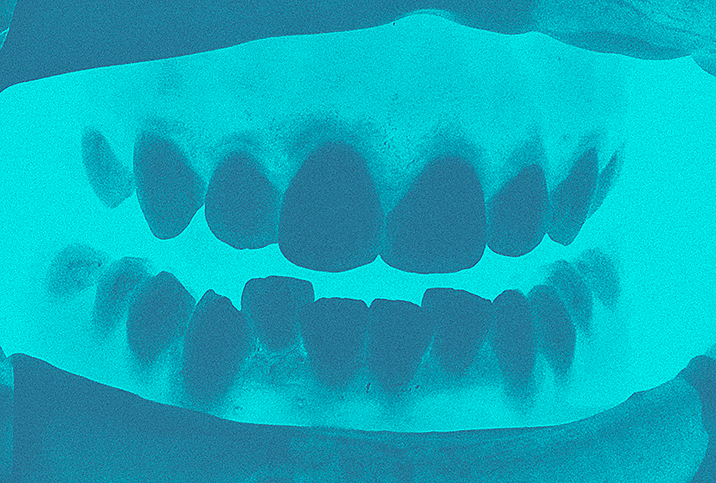The Link Between Oral Health and Overall Health

While you may think bad breath and bleeding gums are problems confined to your mouth, that's not always the case. In fact, your oral health can act as a window into your overall health, as problems in your mouth can affect other parts of your body.
Turns out, oral health is extremely important to your overall health because your mouth serves as an entry point for bacteria entering your digestive and respiratory tracts. While everyone's mouths are full of bacteria, most are harmless, and any bacteria that could pose a health threat is usually fought off with a combination of your body's immune system and maintaining good oral hygiene through regular brushing and flossing.
What your oral health can tell you
Gum disease, also known as periodontitis, occurs when bacteria infect the gums, damaging the soft tissue and causing bad breath. When left untreated, gum disease can lead to tooth loss and other health complications.
According to the Mayo Clinic, gum disease typically occurs due to poor oral hygiene. Health conditions such as obesity, malnutrition, hormonal changes, a weak immune system, diabetes, rheumatoid arthritis and Crohn's disease can also put someone at greater risk for developing gum disease.
But periodontitis doesn't only affect the mouth. For example, when the bacteria responsible for gum disease enter the body through the gums, other parts of the body can be negatively affected, with medical experts reporting that gum disease has been linked with respiratory disease, rheumatoid arthritis, coronary artery disease and blood sugar issues.
Poor oral health can also lead to endocarditis, an infection of the inner lining of the heart's valves, also known as the endocardium. Harmful bacteria in the mouth can spread through the bloodstream and travel to the heart, contributing or even causing this disease. It's believed other cardiovascular diseases, such as clogged arteries or strokes, may also be caused in part by the inflammation and infection from some oral bacteria.
Gum disease can also lead to pneumonia, as well as pregnancy complications, such as premature birth and low birth weight.
Individuals with diabetes, HIV/AIDS, osteoporosis or Alzheimer's disease are at greater risk of oral problems, according to the Mayo Clinic. People with these health issues should take extra care to practice consistent, good oral hygiene in order to avoid complications.
Preventing health complications
The good news is most oral health complications are largely preventable through the practice of good oral hygiene.
You can be proactive in protecting your oral health by brushing your teeth at least twice a day, using toothpaste with fluoride, flossing regularly and using mouthwash to get rid of any lingering bacteria or food after you brush and floss.
Maintaining a healthy diet, attending regular dental checkups and avoiding tobacco use can also help you keep your mouth in good health.
If at any point you encounter an oral health problem, you should make an appointment with your dentist right away. Putting off care can cause the problem to worsen and lead to health complications.
Next time you feel too tired to brush your teeth before bed, do it anyway—those two minutes could be what protects you from disease and infection.

















